Atlanta West End Mall Redevelopment: What This Major Project Means for Commercial Real Estate Investors
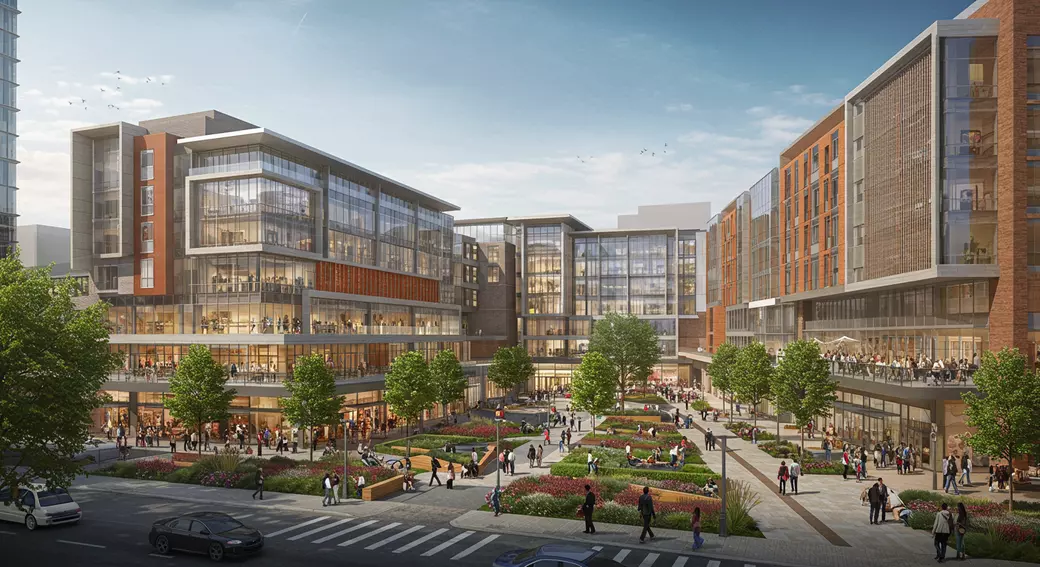
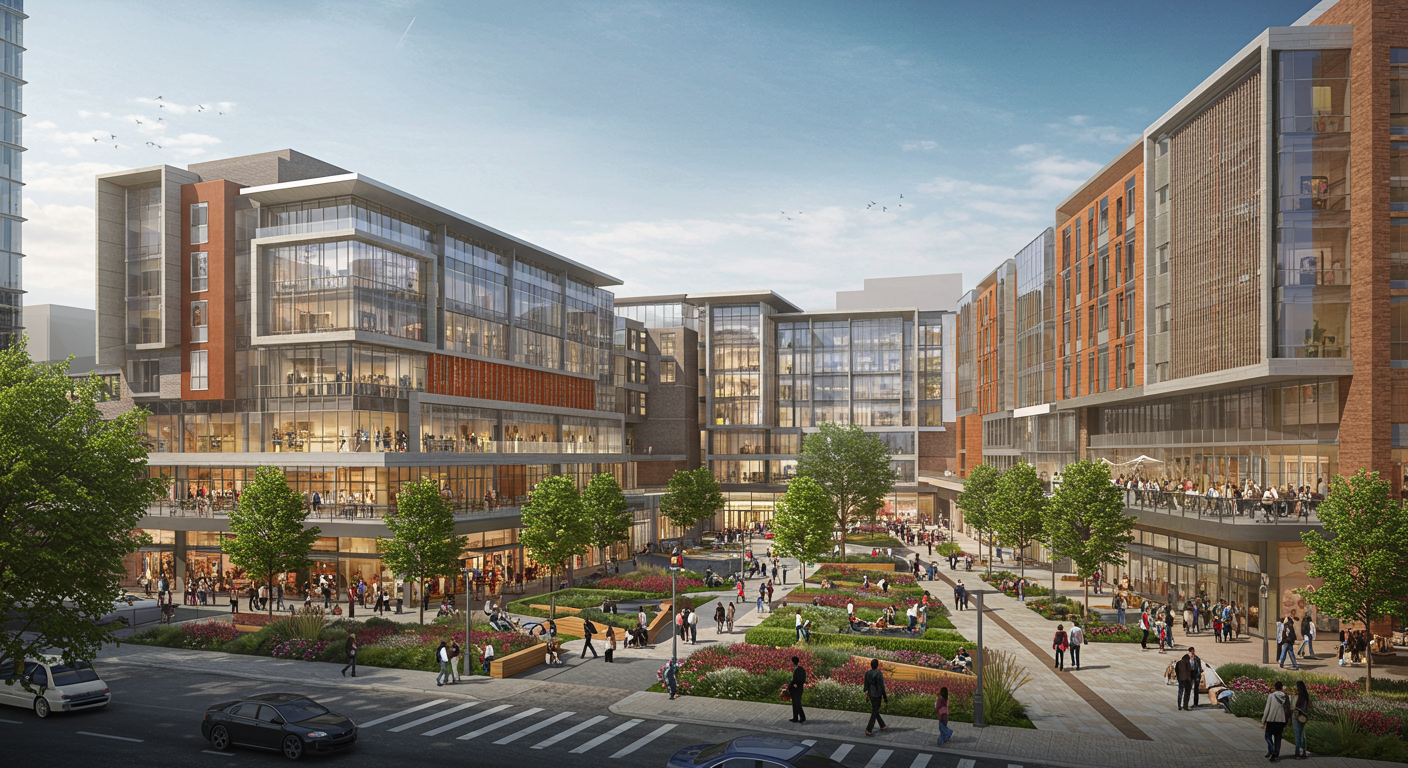
The redevelopment of the Atlanta West End Mall is one of the most anticipated projects in Metro Atlanta's commercial real estate sector. This large-scale transformation promises to revitalize the West End neighborhood by introducing modern mixed-use spaces, enhancing retail opportunities, and increasing property values in the surrounding area. For investors, understanding the scope and impact of this project is crucial to identifying new opportunities and mitigating potential risks.
A collaboration between local developers and city officials spearheads the redevelopment of West End Mall. The project involves demolishing and replacing the existing structure with a mixed-use development comprising retail spaces, office buildings, and residential units.
Key highlights of the project include:
- Timeline: The project is expected to break ground in mid-2025 and be completed by 2027.
- Developers: Partnership with top-tier developers known for successful urban revitalization.
- New Features: The development will include over 300 residential units, 100,000 sq. ft. of retail space, and 50,000 sq. ft. of Class A office space.
- Sustainability Initiatives: Plans include green building certifications, energy-efficient designs, and improved public transit access.
Potential Impact on Local Commercial Real Estate
The redevelopment is expected to ripple effect on nearby properties, boosting the value of commercial and residential real estate.
- Increased Property Values: Historical data from similar redevelopment projects, such as Ponce City Market, suggests that property values within a 0.5-mile radius could appreciate by 20% to 30% over the next 5 years. Properties closest to the development may see appreciation at the higher end of this range, while those further away might experience a more moderate increase of around 15% to 20%. These estimates will be influenced by factors such as the quality of the redevelopment, the overall economic climate, and competitive pressures from other developments.
- Enhanced Retail and Office Leasing: New high-quality retail and office spaces may attract top-tier tenants, reducing current vacancy rates and creating more leasing demand.
- Neighborhood Revitalization: The project aims to transform the West End into a vibrant hub, drawing more visitors and improving the overall quality of life.
Target Investor Profiles
- Residential Developers: The increased demand for housing in the area could benefit developers specializing in residential units.
- Retail Investors: Retail investors may find opportunities to acquire or develop commercial spaces near the redevelopment.
- Long-Term Value Investors: Investors seeking long-term gains might explore options such as land banking or acquiring nearby distressed properties.
Specific Investment Opportunities
- Value-Add Opportunities: Investors could acquire and renovate existing properties near the redevelopment site to capitalize on increased demand.
- Development Opportunities: The surrounding area may present new residential or commercial development opportunities.
- Land Banking: Acquiring land near the project site could yield substantial returns as the area appreciates over time.
Expanded Risks
- Construction and Development Risks:
- Cost Overruns: Unexpected construction costs could significantly impact project timelines and profitability. Engaging experienced contractors and conducting thorough due diligence, including detailed cost analyses and risk assessments, can help mitigate these risks.
- Permitting Delays: Delays in obtaining necessary permits could increase development costs and delay project completion. Close coordination with city officials and early permit applications can reduce this risk.
- Labor Shortages: Potential labor shortages in the construction industry could slow down the project and increase expenses. Partnering with well-staffed firms and securing labor contracts early in the process can help manage this risk.
- Market Risks:
- Economic Downturn: An economic downturn could reduce demand for retail, office, and residential spaces, impacting occupancy rates and rental income. Investors can mitigate this risk by diversifying their portfolios across different asset classes and focusing on long-term leases with strong covenants.
- Changing Consumer Preferences: The rise of e-commerce could affect the performance of retail spaces. Focusing on tenants that offer experiential retail, essential services, or a strong online presence can help offset this risk.
- Social and Environmental Risks:
- Community Opposition: Due to additional negotiations, community opposition to the project could lead to delays or increased costs. Community engagement and proactively addressing potential concerns can help minimize this risk.
- Environmental Concerns: Environmental regulations or unforeseen environmental issues could impact the project timeline and budget. Conducting thorough environmental impact assessments and adhering to all environmental regulations can help mitigate these risks.
Comparisons to Similar Projects in Metro Atlanta
- Ponce City Market: A diverse tenant mix, including retail, office, and residential spaces, helped drive Ponce City Market's success. The West End Mall redevelopment aims for a similar balance. Ponce City Market offers green spaces and easy transportation access. The West End redevelopment plans include energy-efficient designs and public transit improvements. Ponce City Market revitalized the Old Fourth Ward, creating jobs and boosting local businesses. The West End project could have a comparable impact on its surrounding community.
- The BeltLine: The BeltLine has significantly attracted new businesses, increasing surrounding property values by as much as 30% in certain areas. In addition to community engagement, the BeltLine helped transform previously underutilized land into thriving commercial and residential spaces.
- Atlantic Station: Atlantic Station provides a valuable case study in large-scale urban redevelopment. While it faced initial challenges, it has become a thriving mixed-use development with a diverse tenant mix and a strong residential component. Analyzing Atlantic Station's successes and challenges can provide valuable insights for the West End Mall redevelopment.
The redevelopment of the West End Mall marks a pivotal moment for Metro Atlanta’s commercial real estate market. It promises to revitalize a historic neighborhood, increase property values, and offer significant investment opportunities. However, as with any major project, there are risks that investors must consider. Staying informed about the progress of the redevelopment and understanding market dynamics will be key to making smart investment decisions.
If you're interested in exploring investment opportunities in the West End Mall redevelopment or surrounding areas, please feel free to contact us for a free consultation. Our team of experts specializes in real estate investment analysis, market research, and property development. We can help you navigate potential risks, identify high-value opportunities, and make informed investment decisions in this rapidly evolving market.
As Atlanta grows, developments like the West End Mall redevelopment will be crucial in shaping the city’s future. With increasing demand for mixed-use spaces and sustainable designs, this project could pave the way for further investment and development in other neighborhoods across the metro area.
Categories
Recent Posts
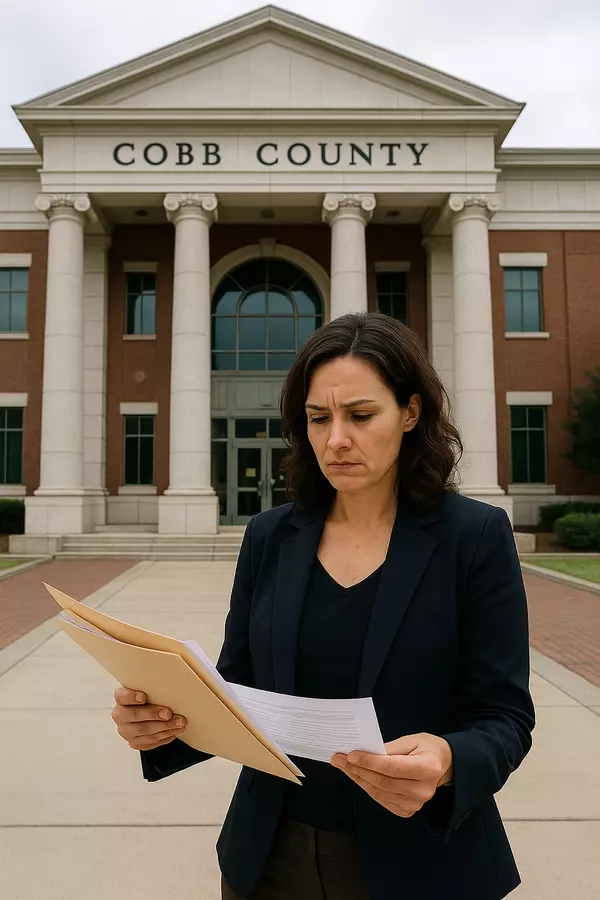






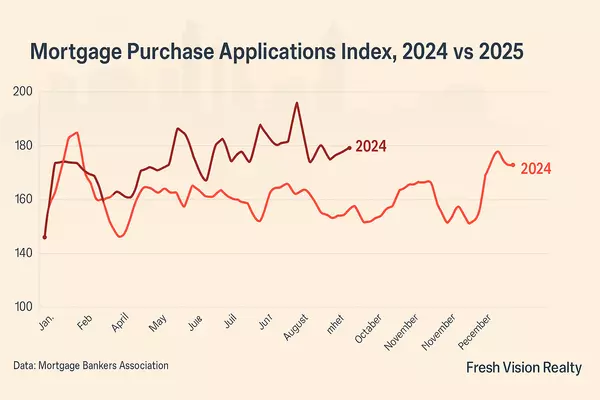
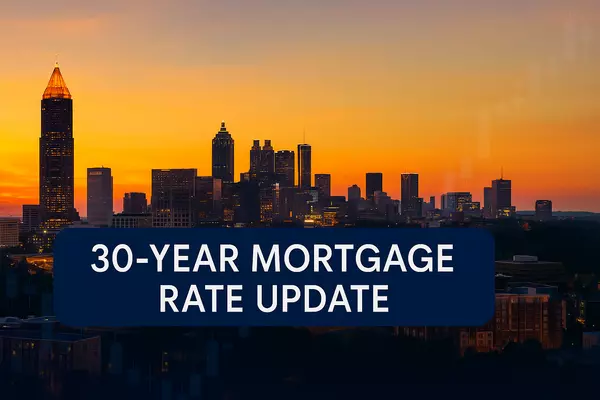

GET MORE INFORMATION

Broker | License ID: H-79472